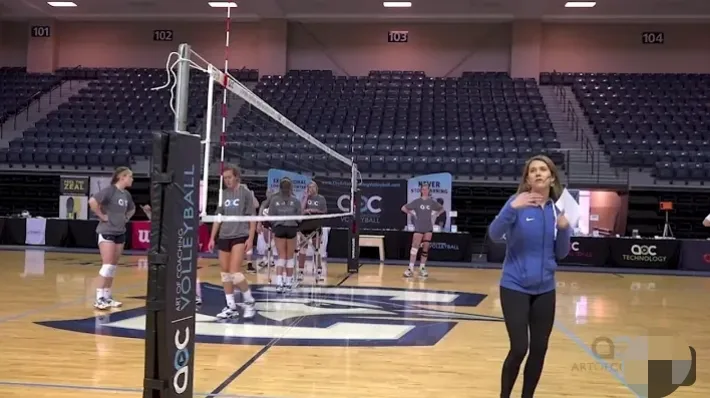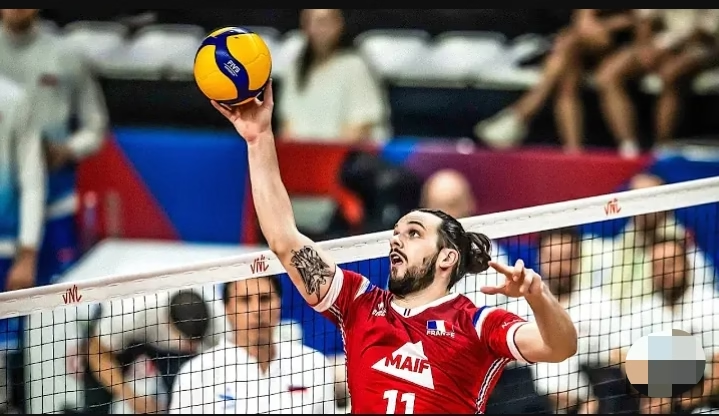Here are the volleyball strategies for small teams: Working with a small team can be very frustrating and discouraging; however, truth be told, there will be such days.
Days where you will have to reshuffle positions to suit the available number of players. This is one reality that coaches need to face and hence get their game together when the players are less than expected.
As bad as this is, it is important to focus on the advantages of having a small team and make sure it doesn’t affect the team negatively. In this article, we will be discussing some strategies that can be used when working with a small team.
See Also:
- Volleyball Players Positions and Roles Explained
- Volleyball Guide for Pregnant Women (Can you play volleyball while pregnant)
- How to be a Good Coach in Volleyball
- Comprehensive Volleyball Rules for Kids
- Volleyball Tryouts: Evaluation Form & Tips for Selection
- Grass Volleyball Rules 2024: A Comprehensive Guide for Players
As much as the disadvantages of working with a small team are enormous, there are also advantages to working with a small team. Let’s look at some of the advantages of having a small team:
Advantage of Small Team
- It is easier to focus on an individual player: Training with a small team actually makes it easier for the coach to focus on the players individually. It also helps find out each of their strengths and weaknesses. This makes it easier for him to help the players work on themselves and get better at their game.
- Players become more responsible: Due to the number of team members, each role of the players is very important; hence, players become more responsible and sensitive concerning the part they have to play in order to win.
- Increased teamwork and communication: Due to the fact that the team members are few, communication is likely to increase between the team members as players are going to rely on each other in order to execute plays successfully.
As much as there are a few advantages to having a small team, it doesn’t seem too good when it comes to a real game.
A small team could result in an incomplete position roster and automatically change the game plan of that team. Also, other disadvantages such as increased risk of injuries, limited depth, and huge pressure on an individual player are areas that are drastically affected when a team consists of a few members.
However, there are certain strategies that should be considered when working with a small team. Strategies that should not be underestimated because certainly, even if a team is complete today, there are definitely days when a team will be incomplete, which is a reality that we can’t escape.
Strategies for Working with a Small Team

- Effective Communication and Teamwork: When the team is small, it certainly means that more roles will be shared between a few players, hence the importance of communication. Players should communicate together in order to anticipate each other’s movements and cover every area of the court effectively.
- Focus and Be Quick: Players should focus on every movement of the opposing team and be quick in terms of reactions. Quick movements and reactions will help them cover every inch of the court efficiently and play well against their opponents.
- Strengthen Their Defense: The defense of a small team should be very strong. The opponent is likely to attack more, especially after observing that the team members are few; therefore, it is very crucial to focus on strong blocking in order to counter every attack of the opponent.
- Utilize energy during play: Players should make use of very high energy during the game. Risks that could mount pressure on the opposing team to commit a foul should be taken.
- Beware of foul plays: Small teams should beware of foul plays and be very careful during the game. It is important that small teams limit errors and mistakes in order to stay competitive against a big team.
- Be creative: Small teams should be creative and use various innovative ways, like dumps and quick sets, to outsmart larger teams.
- Be consistent: players should focus on consistency and try to minimize errors that could lead to a foul or disqualification of the team.
Having a small team is not a death sentence; although it seems bad, it can still work. All that is required are the right strategies, and if carried out and followed, then there’s no big team that you can’t face. Just look for that strategy that works for your team, and you are good to go!




